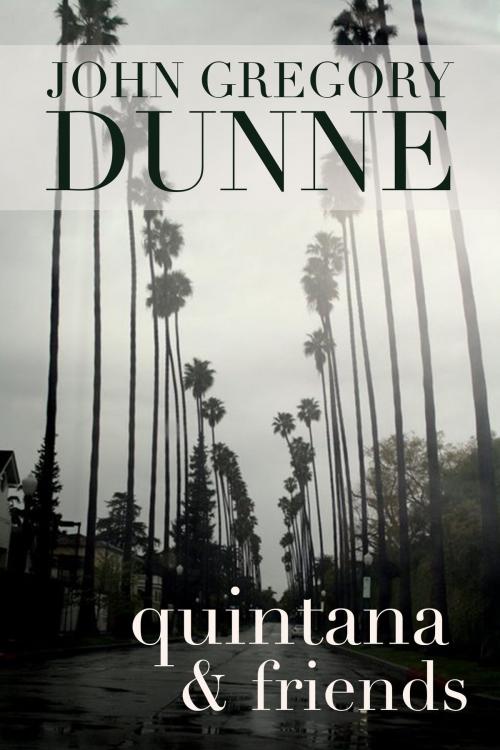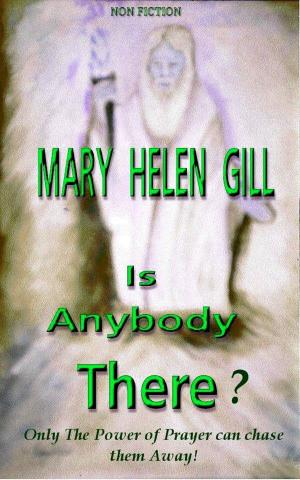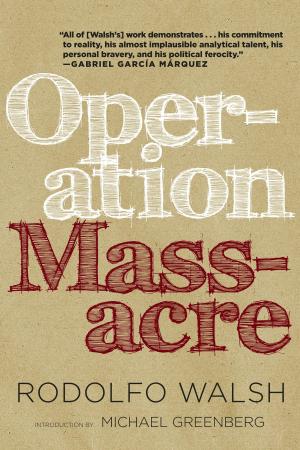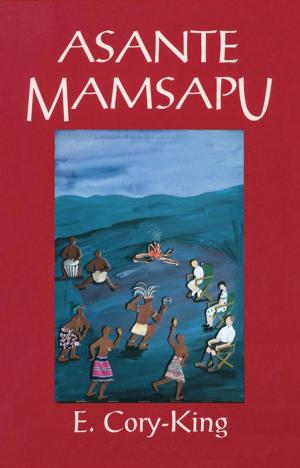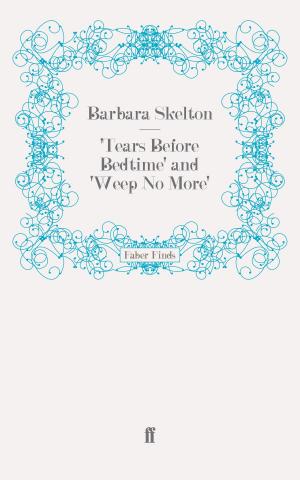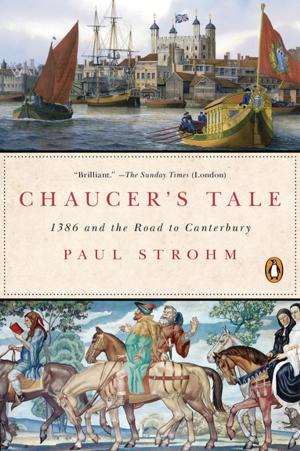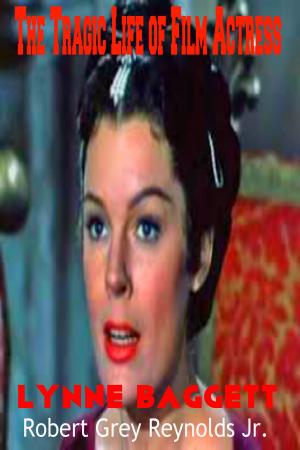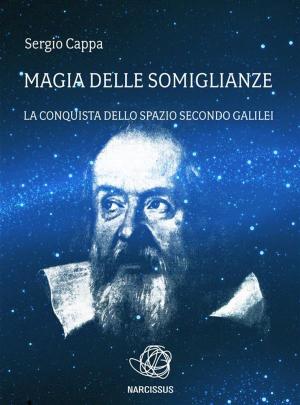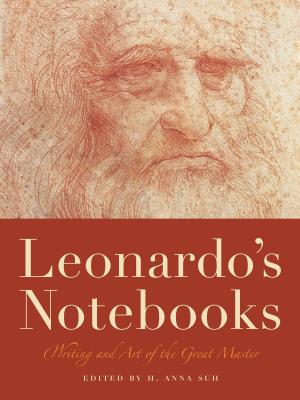Quintana & Friends
Nonfiction, Social & Cultural Studies, Current Events, Political Science, Government, Local Government, Biography & Memoir| Author: | John Gregory Dunne | ISBN: | 9781939126191 |
| Publisher: | Zola Books | Publication: | December 12, 2013 |
| Imprint: | Language: | English |
| Author: | John Gregory Dunne |
| ISBN: | 9781939126191 |
| Publisher: | Zola Books |
| Publication: | December 12, 2013 |
| Imprint: | |
| Language: | English |
“Dunne has a wicked eye for the telling details, an uncanny ear for the revealing phrase.”—The New York Times.
Quintana & Friends gathers thirty-three brilliant essays written by a pioneer of New Journalism between 1963 and 1978. John Gregory Dunne's gifts for keen reportage, subtle storytelling, and articulate opinion on full display, he covers topics ranging from the Hollywood machine to America’s last fight club to departure day for young soldiers shipping out to Viet Nam. In a celebrated baseball essay, he follows San Francisco Giant outfielder Willie Mays as the slugger seeks to break the National League career home-run record, his portrait capturing a prickly veteran not shy, in an age before PR handlers for athletes, of expressing his annoyance with reporters. In “Sneak,” Dunne brings us inside Twentieth-Century Fox’s Minneapolis advance screening of the movie Dr. Doolittle. In “Quebec Zero,” he spends 24 hours underground with a crew of four young men manning nuclear missiles aimed at the Soviet Union, Dunne’s goal “to see how it worked on the mind, to have World War III only an arm’s length away.”
In the title essay, Dunne writes of raising his adopted daughter Quintana with wife Joan Didion, speculating about the day the girl might wish to seek out her birth mother. In “Friends,” he writes movingly of a best friend, screenwriter Josh Greenfield, father to an autistic son. “Eureka” celebrates Los Angeles. “Pauline” famously takes down revered New Yorker movie critic Pauline Kael. And in the much-discussed essay “Gone Hollywood,” Dunne blasts the notion that the movie business is a destroyer of writing talent. “The ecology of Hollywood eludes them,” he writes of those who bemoan the studio system’s effects on writers. Echoing this point in the Kael essay, occasional screenwriter Dunne, making reference to an Upper West Side of Manhattan grocery store, famously declares: “The writers who fell apart in Hollywood would have fallen apart in Zabar's.”
Download this first-ever digital edition of Quintana & Friends and enjoy John Gregory Dunne at his wittiest, most observant, and powerfully eloquent best.
“Dunne has a wicked eye for the telling details, an uncanny ear for the revealing phrase.”—The New York Times.
Quintana & Friends gathers thirty-three brilliant essays written by a pioneer of New Journalism between 1963 and 1978. John Gregory Dunne's gifts for keen reportage, subtle storytelling, and articulate opinion on full display, he covers topics ranging from the Hollywood machine to America’s last fight club to departure day for young soldiers shipping out to Viet Nam. In a celebrated baseball essay, he follows San Francisco Giant outfielder Willie Mays as the slugger seeks to break the National League career home-run record, his portrait capturing a prickly veteran not shy, in an age before PR handlers for athletes, of expressing his annoyance with reporters. In “Sneak,” Dunne brings us inside Twentieth-Century Fox’s Minneapolis advance screening of the movie Dr. Doolittle. In “Quebec Zero,” he spends 24 hours underground with a crew of four young men manning nuclear missiles aimed at the Soviet Union, Dunne’s goal “to see how it worked on the mind, to have World War III only an arm’s length away.”
In the title essay, Dunne writes of raising his adopted daughter Quintana with wife Joan Didion, speculating about the day the girl might wish to seek out her birth mother. In “Friends,” he writes movingly of a best friend, screenwriter Josh Greenfield, father to an autistic son. “Eureka” celebrates Los Angeles. “Pauline” famously takes down revered New Yorker movie critic Pauline Kael. And in the much-discussed essay “Gone Hollywood,” Dunne blasts the notion that the movie business is a destroyer of writing talent. “The ecology of Hollywood eludes them,” he writes of those who bemoan the studio system’s effects on writers. Echoing this point in the Kael essay, occasional screenwriter Dunne, making reference to an Upper West Side of Manhattan grocery store, famously declares: “The writers who fell apart in Hollywood would have fallen apart in Zabar's.”
Download this first-ever digital edition of Quintana & Friends and enjoy John Gregory Dunne at his wittiest, most observant, and powerfully eloquent best.
